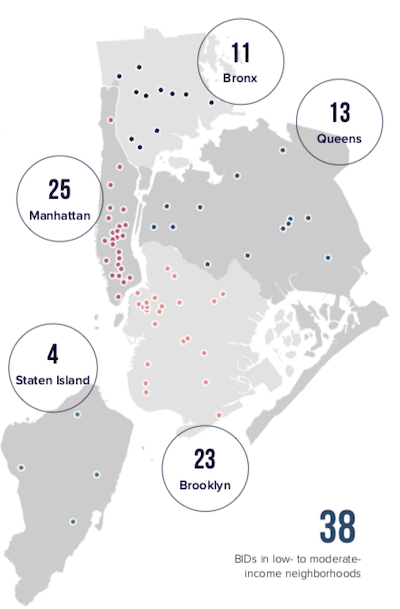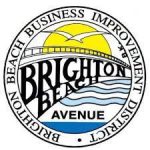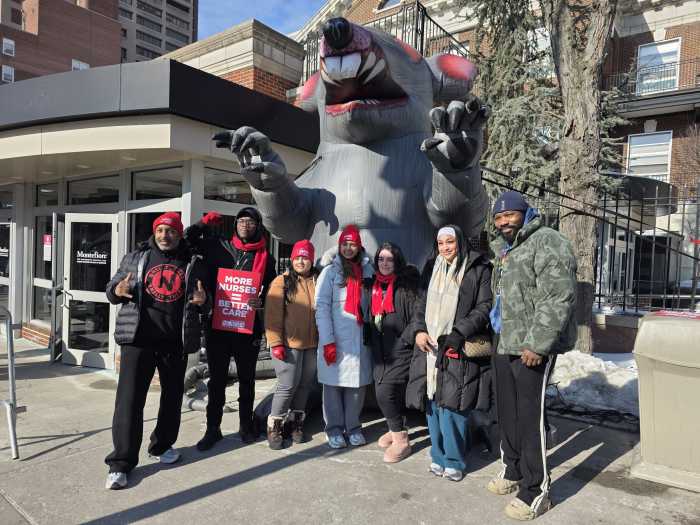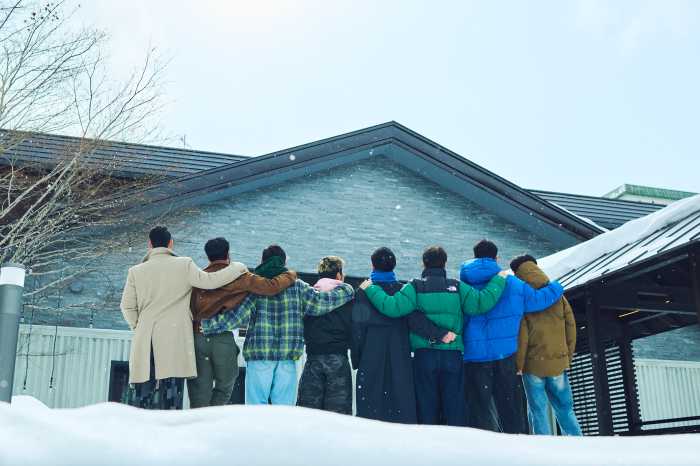Both the de Blasio Administration and City Council Speaker Corey Johnson’s office are turning a heartless blind eye to shuttered businesses cry for assessment breaks from city Business Improvement Districts (BIDS) who are spending millions of dollars of their money for services they don’t need while they are closed.
BIDs are areas along commercial corridors in which landlords often pass assessment fees to their business tenants to pay for extra services that supplement services the city already supplies such as extra sanitation services like garbage pick up. Money in BID budgets also goes toward marketing and planning events, additional security measures for the area, and for the beautification of the streets in the district.
New York City has 76 BIDs in total, including one that was chartered just recently. Of the 76, 25 are in Manhattan, 23 are in Brooklyn, 13 are in Queens, 11 are in the Bronx and four are on Staten Island.
In fiscal year 2019, the last year posted on the city Department of Small Business Services (SBS) website, the total revenue collected by all the BIDs in the city was almost $169 million, of which about $125 million or nearly 74% came from the special assessment placed on individual commercial properties, often passed down to their small business tenants.
 The rub is many stores, bars and restaurants are now paying for services they don’t need because the government closed them due to the COVID pandemic. The same government that works as the middle agency collecting and distributing the assessment fees to BIDS.
The rub is many stores, bars and restaurants are now paying for services they don’t need because the government closed them due to the COVID pandemic. The same government that works as the middle agency collecting and distributing the assessment fees to BIDS.
“The City called those businesses ‘ non-essential’ — losable. I am one of the lucky ‘allowed’ to stay open. My income has been cut by more than half and my expenses have gone up: The landlord wants payment in full, so do the utilities, and vendors have to pass their own increased costs on to the client,” David Benizeri, owner of Beny’s Delice on Fulton Street, wrote in a letter to SBS Commissioner Jonell Doris.
“I am an unwilling member of the Fulton Street Business Improvement District FAB (BID). FAB has collected $5,000,000 from Fulton stores since 2009 for nothing much. In fact, 130+ stores went out of business in those years,” he added.
One source close to FAB explained BIDs are required by the legislation that chartered them to still offer services within their districts. Since the businesses and landlords already paid their special assessment fees, it’s only fair to continue providing the services at full capacity, or else it would almost be like cheating them out of their money, said the source.
“During the pandemic, the Fulton Area Business Alliance has focused our work on widely and frequently sharing important COVID-19 announcements, guidelines, and tips for businesses, property owners and the general public,” Christina Chavez, the recently-appointed executive director of the FAB Fulton BID in Clinton Hill and Fort Greene, told Kings County Politics.
“We are connecting businesses and property owners with free legal and financial resources as well as hosting and sharing webinars that touch on many of these topics. Our FAB Alliance sanitation team has provided invaluable service to the community during this time by keeping our corridor clean and sanitized as well as providing additional eyes on the street to alert us of any community concerns,” she added.
 Brighton Beach BID’s Executive Director Yelena Makhnin explained that even though a number of businesses are shuttered in the beachfront BID, there’s no harm done in providing graffiti removal and green space maintenance to closed businesses. If it were not for these services, the streets of the district would be lined with trash bags, she said.
Brighton Beach BID’s Executive Director Yelena Makhnin explained that even though a number of businesses are shuttered in the beachfront BID, there’s no harm done in providing graffiti removal and green space maintenance to closed businesses. If it were not for these services, the streets of the district would be lined with trash bags, she said.
While small businesses have already paid their assessment fees, a source close to City Councilmember Mark Gjonaj (D-Bronx), who chairs the Council’s Small Business Committee, said that a special assessment rebate is something that’s being discussed, among other things, to help small and microbusinesses recover from the pandemic.
But a spokesperson for Johnson’s office appeared hesitant offering small businesses some kind of BID assessment relief.
“The Council is working to support small businesses as they try to survive this pandemic and thrive in the future,” the spokesperson told Kings County Politics. “We will continue working with BIDs and directly with business owners to provide the support they need.”
Calls to the mayor’s press office were routed to SBS, the city agency charged with BID oversight.
An SBS spokesperson said SBS supports BIDs operations, and provides technical support and expertise to groups seeking to form BIDs.
SBS also coordinates the billing process and oversees the review of assessments although DOF (Department of Finance) is responsible for issuing and collecting payment from all property owners, the spokesperson said.
With the city reaching Phase One of reopening on June 8 and the current fiscal year coming to an end on June 30, businesses will have to wait and see what the city decides to do to help them.






